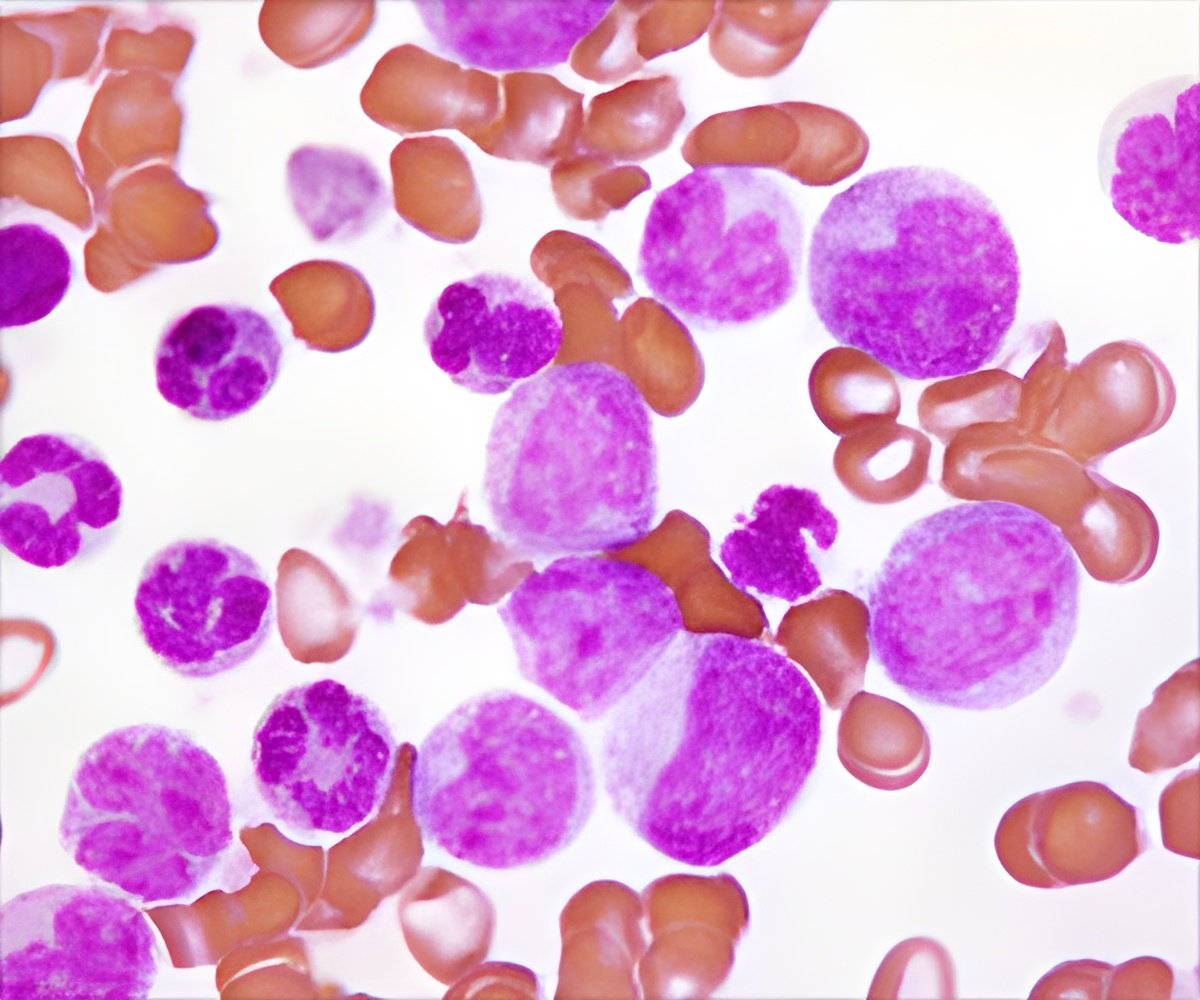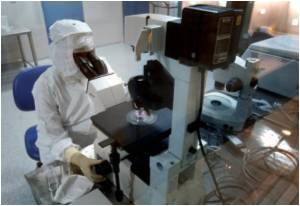Genes that act as brakes to stop the development of an aggressive form of leukemia have been identified by researchers.

TOP INSIGHT
Genes that act as brakes to stop the development of acute myeloid leukemia have been identified by researchers. This finding could provide insights into how to tackle the disease and could also lead to new therapies that prevent relapses.
The findings are surprising because previous research had suggested that blocking Hif-1alpha or Hif-2alpha may stop leukemia progression.
The work was carried out at the University's MRC Center for Regenerative Medicine and the Edinburgh Cancer Research Center. Researchers say that their new results suggest that therapies designed to block these molecules may have no impact or could even worsen disease.
Conversely, designing new therapies that promote the activity of Hif-1alpha and Hif-2alpha could help to treat AML or stop the disease from recurring after chemotherapy.
Around 2,500 people are diagnosed with AML in the UK each year. Chemotherapy drugs can help to eliminate leukemia cells but have no effect on leukemic stem cells that cause the disease. This means the disease sometimes relapses.
Professor Kamil R Kranc, Cancer Research UK Senior Fellow at the MRC Center for Regenerative Medicine, who led the study, said, "Our discovery that Hif-1alpha and Hif-2alpha molecules act together to stop leukemia development is a major milestone in our efforts to combat leukemia. We now intend to harness this knowledge to develop curative therapies that eliminate leukemic stem cells, which are the underlying cause of AML."
Source-Eurekalert
 MEDINDIA
MEDINDIA




 Email
Email









